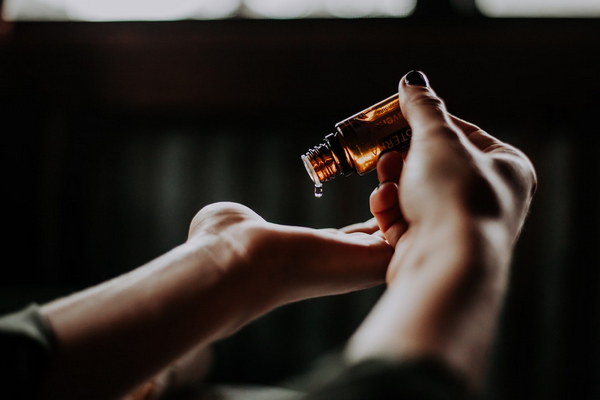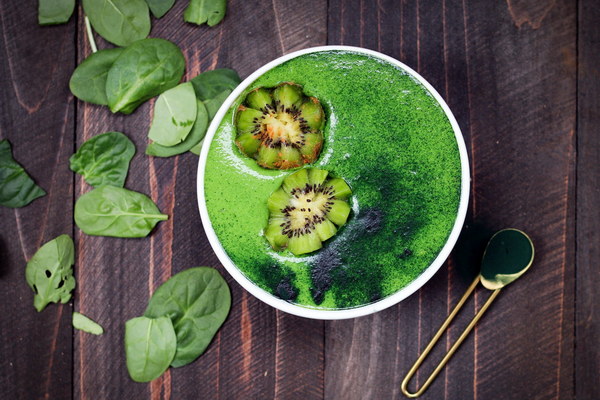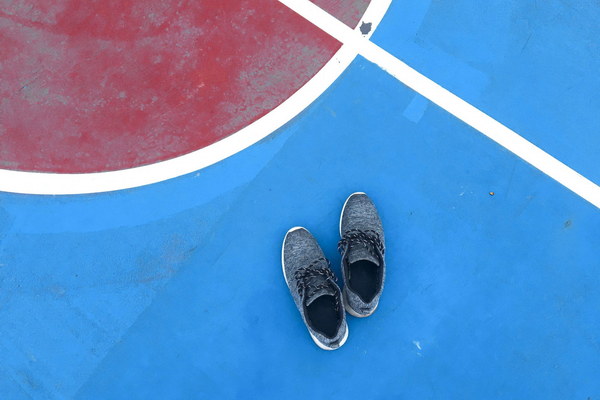The Art of Self-Care How Athletes Maintain Peak Performance
In the world of sports, peak performance is the ultimate goal for every athlete. It's a combination of physical fitness, mental resilience, and proper self-care. But what exactly does it mean to take care of oneself as an athlete? Here's a comprehensive guide on how athletes can maintain their bodies for optimal performance.
1. Nutrition: Fueling the Body

The foundation of an athlete's self-care routine starts with nutrition. A balanced diet rich in proteins, carbohydrates, healthy fats, vitamins, and minerals is crucial. Athletes should focus on:
- Consuming a variety of fruits, vegetables, whole grains, lean proteins, and healthy fats.
- Eating small, frequent meals to maintain energy levels and prevent overeating.
- Hydrating properly by drinking plenty of water and staying hydrated throughout the day.
- Avoiding excessive sugar, caffeine, and processed foods, which can hinder performance and recovery.
2. Regular Exercise: Building Strength and Flexibility
Physical training is essential for athletes to maintain their fitness levels. A well-rounded exercise routine should include:
- Cardiovascular exercises to improve endurance and stamina.
- Strength training to build muscle mass, increase bone density, and reduce the risk of injury.
- Flexibility exercises, such as yoga or stretching, to improve range of motion and prevent muscle tightness.
- Rest days to allow muscles to recover and grow stronger.
3. Rest and Recovery: The Key to Performance
Rest and recovery are often overlooked but are crucial for an athlete's well-being. Adequate rest helps:
- Speed up muscle repair and growth.
- Improve mental clarity and focus.
- Reduce the risk of overtraining and injury.
- Allow the body to adapt to the demands of training and competition.
4. Mental Health: Balancing Stress and Focus
Athletes must maintain a strong mental game to perform at their best. This involves:
- Setting realistic goals and expectations.
- Managing stress through techniques like meditation, mindfulness, or deep breathing exercises.
- Staying positive and confident, even during setbacks.
- Seeking support from coaches, teammates, or mental health professionals when needed.
5. Sleep: The Body's Natural Recovery Process
Sleep is a vital component of an athlete's self-care routine. Adequate sleep helps:
- Enhance cognitive function and decision-making abilities.
- Improve reaction times and coordination.
- Boost immune system function and reduce the risk of illness.
- Promote overall well-being and energy levels.
6. Injury Prevention and Management
Athletes should take proactive measures to prevent injuries, including:
- Proper warm-up and cool-down routines.
- Using appropriate equipment and gear.
- Learning proper techniques and form during training.
- Seeking medical attention for any injuries or pain, rather than ignoring them.
7. Social Support: The Power of Community
Lastly, athletes should surround themselves with a supportive network of friends, family, and teammates. This community can provide:
- Emotional support and encouragement.
- Accountability and motivation.
- Learning opportunities and shared experiences.
- A sense of belonging and belongingness.
In conclusion, the art of self-care is a multifaceted approach that encompasses nutrition, exercise, rest, mental health, sleep, injury prevention, and social support. By focusing on these aspects, athletes can maintain their bodies and minds for peak performance, ultimately achieving their goals on and off the field.









